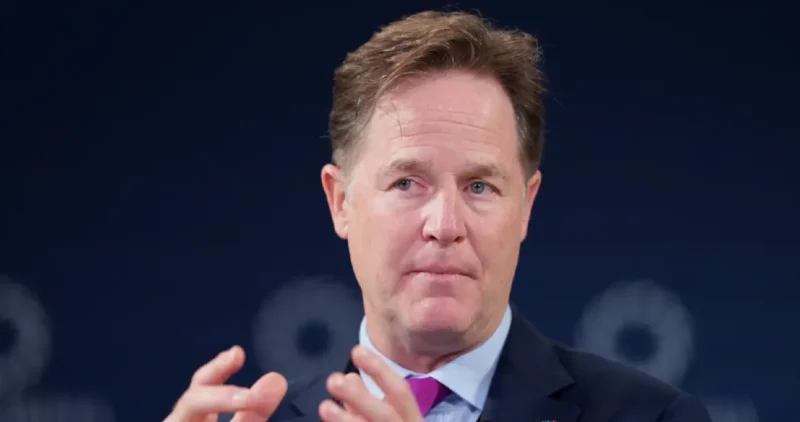In promoting his book “How to Save the Internet,” the former Meta executive offers a cautious but pointed look at the tech industry’s cultural contradictions.
A Balancing Act Between Praise and Critique
Nick Clegg, former Meta policy chief and ex-leader of the UK’s Liberal Democrats, is taking a carefully calibrated approach as he promotes his upcoming book, “How to Save the Internet.”
- The book isn’t a traditional Silicon Valley tell-all; rather, it reads as a thoughtful attempt to reform rather than rebuke.
- In a recent interview with The Guardian, Clegg offers support for social media’s global benefits while distancing himself from tech industry excesses.
“I really do believe that, despite its imperfections, social media has allowed billions of people … to communicate with each other in a way that has never happened before.”
On Meta: No Monsters, But No Free Pass
Clegg notably avoids vilifying Mark Zuckerberg or Sheryl Sandberg, defending their intentions while acknowledging public perception.
- He states he wouldn’t have joined Meta if he believed its leaders were the “monsters other people say they are.”
- This stance reflects Clegg’s role as both an insider and an outsider, someone navigating a fine line between corporate loyalty and public credibility.
Silicon Valley’s Cultural Monotony
Where Clegg gets more direct is in his description of the tech world’s homogeneity.
- He calls Silicon Valley “cloyingly conformist,” a place where people “wear the same clothes, drive the same cars, listen to the same podcasts, follow the same fads.”
- The critique isn’t just aesthetic—it speaks to a broader lack of diversity in thought and identity that may be hindering innovation and introspection in the industry.
The Machismo Problem in Tech
Perhaps his most striking observation addresses a shift in tech’s cultural psyche—its flirtation with hyper-masculinity.
- Clegg expresses confusion over what he calls a “deeply unattractive combination of machismo and self-pity.”
- This comment indirectly points to rising voices in tech promoting aggressive, individualist narratives, often at odds with inclusive or collaborative ideals.
A Reformer, Not a Renegade
Unlike former insiders who publish scathing memoirs, Clegg seems to position himself as a moderate voice—one that values reform over rejection.
- “How to Save the Internet” is likely to advocate for a better internet, not a dismantled one.
- His remarks suggest that real change in tech will come not from tearing down institutions, but from candid reflection and cultural course correction.










